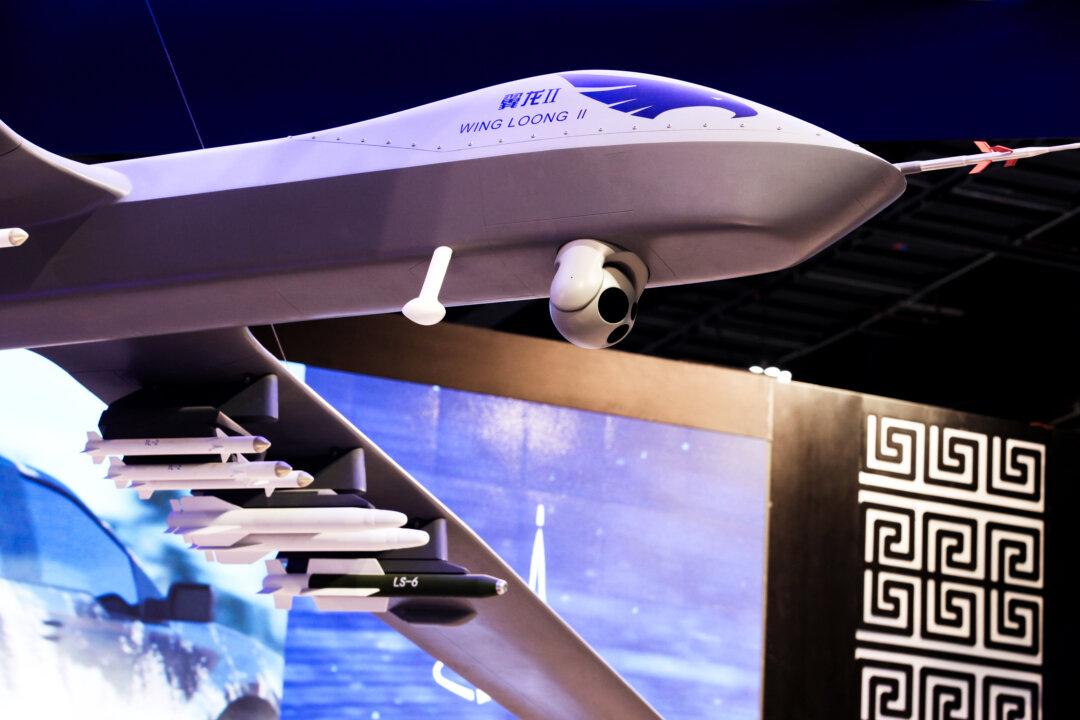The Chinese regime has said in recent days that it will impose export controls on some aviation and aerospace parts along with various military-related materials and technologies as of July 1.
Some experts have pointed out that China-based manufacturing accounts for a certain proportion of the U.S. aerospace industry chain. The Chinese Communist Party’s (CCP) new export restrictions may accelerate the West’s policy of “de-risking” from China.




